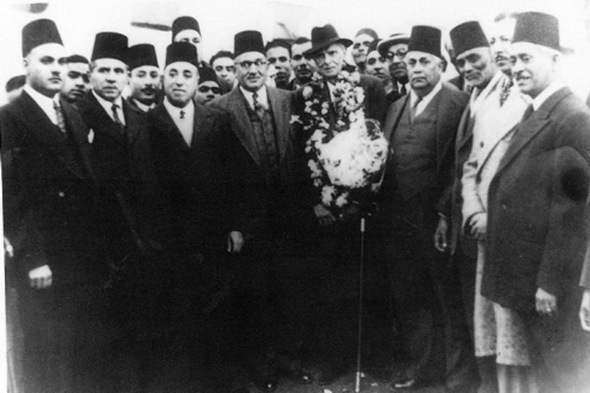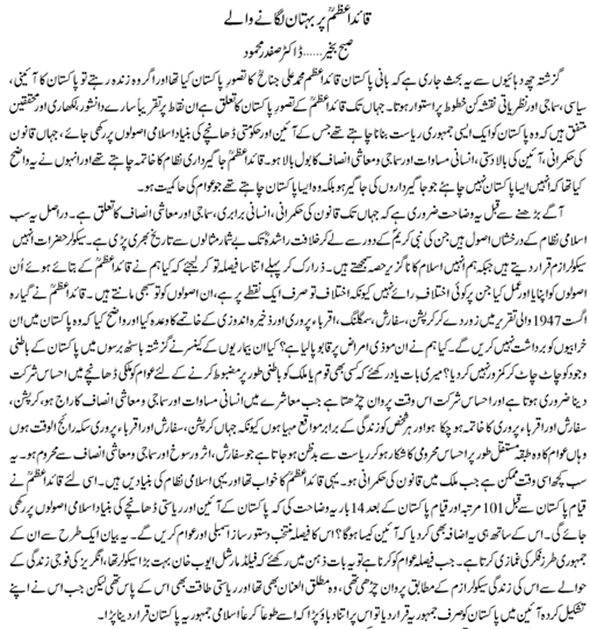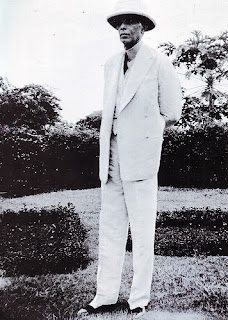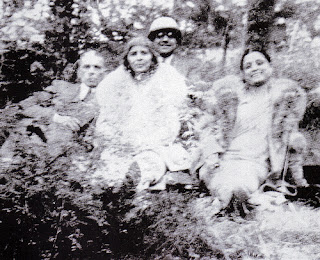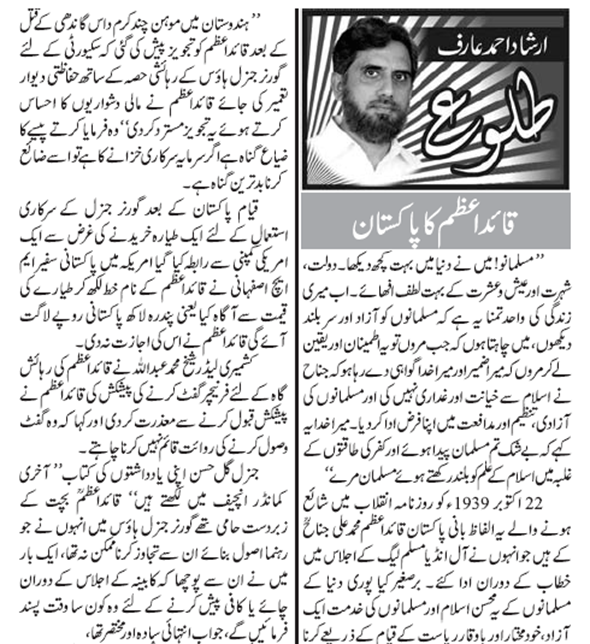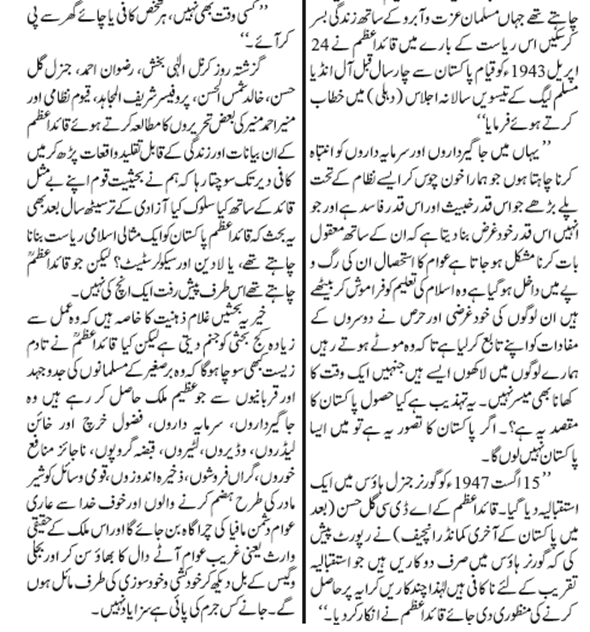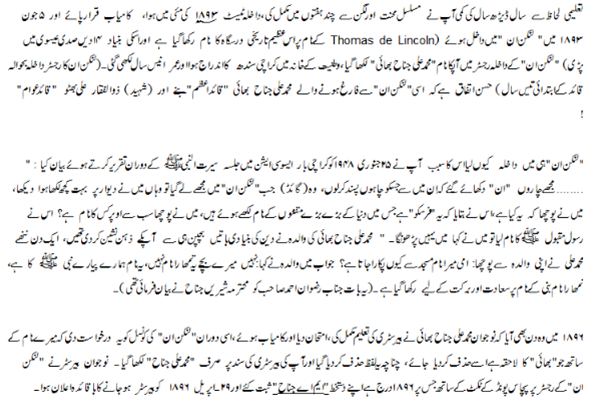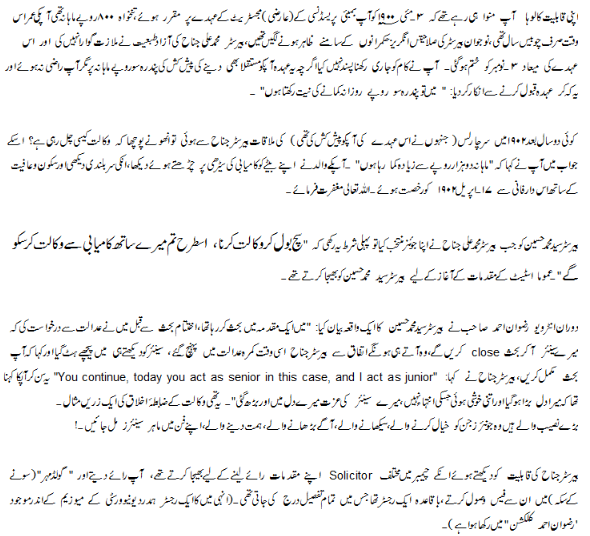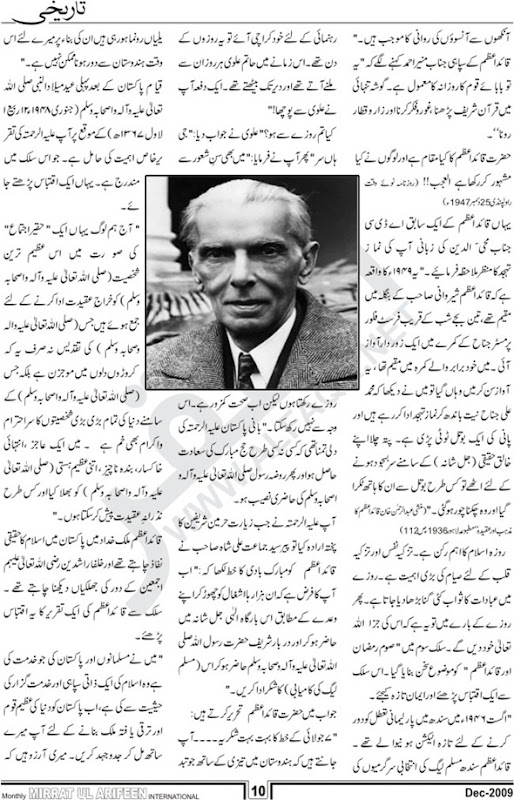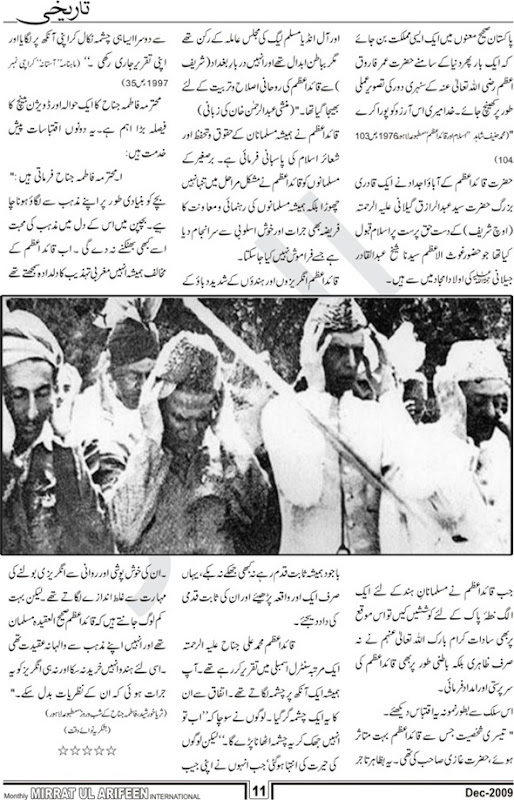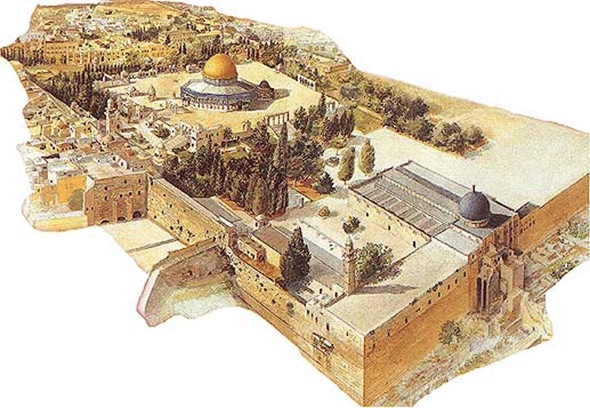
In 712 A.D. Hajjaj bin Yusuf Saqafi despatched Muhammad bin Qasim at the head of an expeditionary force to punish Dahir of Sind. That Hindu Raja had shown recalcitrance and behaved with impunity when warned not to neglect the safe passage of Hajis along the coastal strip of his territories. The young arab general won the first Muslim foothold on the Subcontinent. But it was a long time before torrent after torrent of Muslim conquerors from Afghanistan and Central Asia swept down the passes of the North-West Frontier. Thus, established Muslim rule in the Subcontinent continued in varying power and glory for about a thousand years. For in 1707 A.D. when Aurangzeb died, almost all India was under Muslim sway.
Early in the seventeenth century the British came to the Subcontinent by sea, appearing as merchants, and, favoured by Mughal generosity, they established trading posts mostly on and near the western coasts. A century and a half later they were in the thick of the power struggle going on the replace the declining Mughal authority. Through conspiracy, force and fraud, they grabbed, annexed and transacted Muslim principalities and Muslim territories wherever they lay, in Bengal in the east, in Oudh in the north, in Mysore in the sourth and in Sind in the west. The first big blow came 50 years after Aurangzeb, in 1757, when Nawab Sirajuddaulah lost the day against the English at Plassey in Bengal, and the last one 150 years after Aurangzeb, in 1857, when the last Mughal emperor, Sirajuddin Bahadurshah Zafar, lay prostrate at Delhi, watching helplessly the massacre of his children and appearing as a rare-show in the bazaars of his capital before being exiled to Rangoon in Burma where he died and was buried.
The British rise to power in the Subcontinent was marked by two perennial factors: first, their inveterate hostility to Islam and the Muslim which they shared with the other Christian countries of Europe since their defeat at the hands of Sultan Salahuddin in 1187 A.D. and, secondly, the ready and steady cooperation which the Hindu, having been ruled by the Muslim for a thousand years, extended to the British. Thus while the British built up and boosted the Hindu in every field and by every means, they put down and ruined the Muslim everywhere and in alt possible ways; and the Hindu, paying off old scores, has often on the side of the British and pitted against the Muslim. The most heinous outrage that this British-Hindu combine perpetrated was the sale-deed of Kashmir. In 1946 the British struck a deal with Gulab Singh, a Dogra Hindu of Jammu, to give him possession of that beautiful land, with its 80% Muslim population (now about 6,500,000) and its area well over 180,000 sq. km., for a cash payment of 15,000,000 rupees. A people and their homeland transacted as a common piece of landed property. It was an enormity, a most monstrous crime against humanity; Allama Muhammad Iqbal, himself of Kashmiri stock, cried out some eighty years[1]
Wood and stream and field and ploughman, And a nation into the bargain,
Without o’er a scruple or shudder,
All they sold for filthy lucre,
